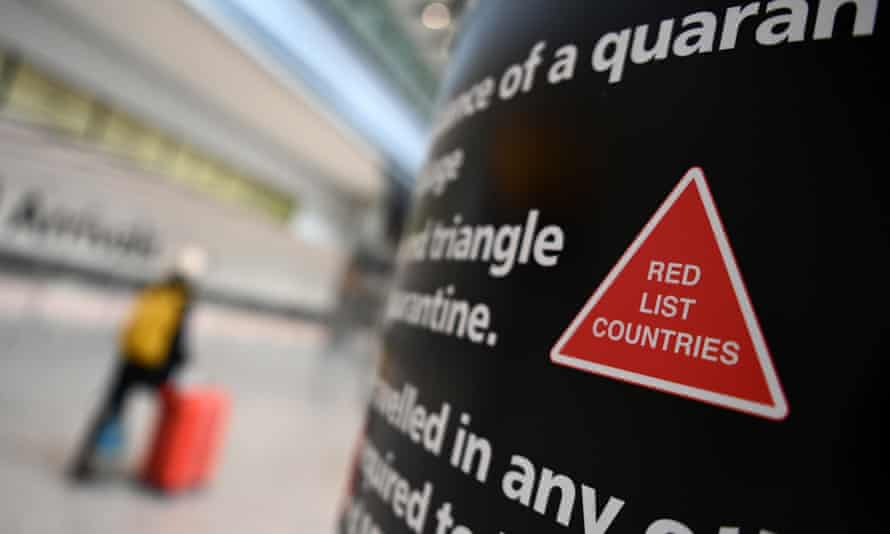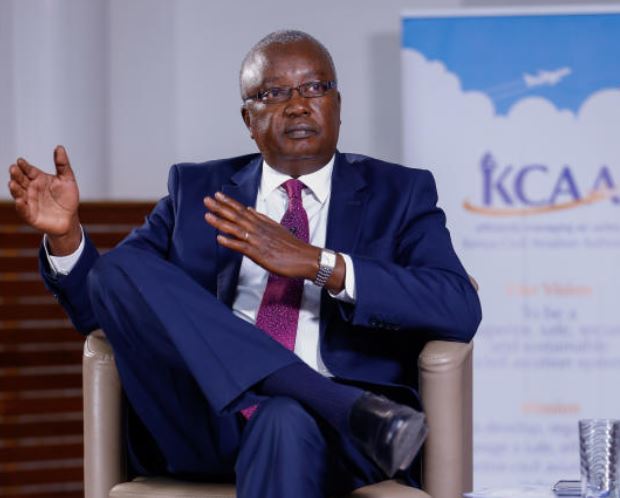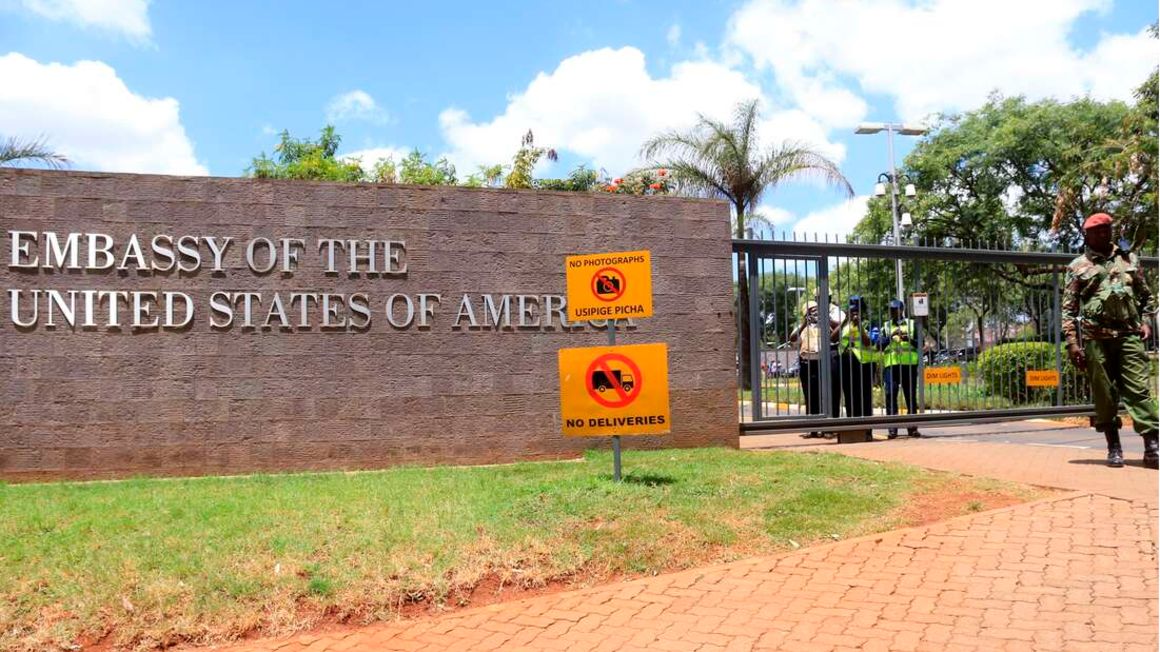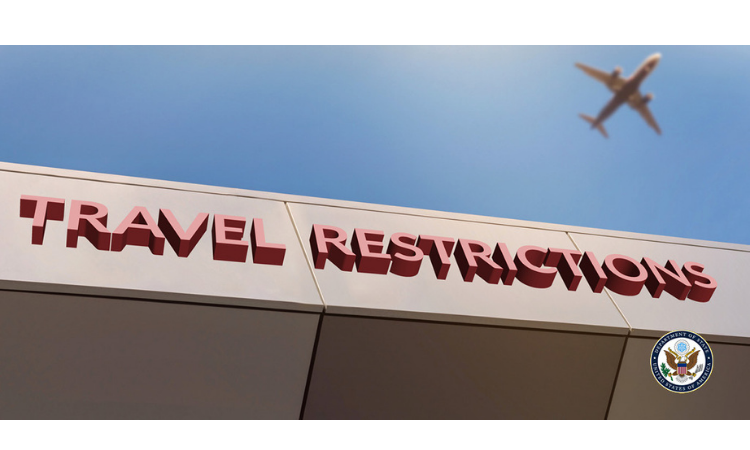By Thomas Wright
Few leaders seem concerned about what we might lose by being cut off from one another.
If you’ve traveled internationally this summer and have had to navigate a labyrinth of COVID-19 tests, quarantines, health-authorization forms, and scarce flights to get there, you are one of the lucky ones. Many people have been unable to travel at all.
Few would argue that governments ought to fully reopen travel now, especially with the threat of the Delta variant. But the haphazard, unilateral way that countries have designed, imposed, and upheld travel restrictions—often because they are an easier option than taking action at home to stop the virus—should concern everyone. COVID-19 may never really go away, and large parts of the world could remain unvaccinated for years. Leaders must recognize the danger inherent in unending COVID-19 travel restrictions and put in place a process to eventually lift them completely. Right now, though, few seem concerned about what we might lose by being cut off from one another.
Current limitations are a patchwork effort with seemingly little science or reason behind them. The Biden administration has banned Europeans from visiting, even though the European Union and the United Kingdom have a higher vaccination rate than the United States. Most Europeans living in the U.S. on non-immigrant visas (basically anything except for a green card) can leave the country for Europe, but they can’t return unless they spend two weeks in a country not banned, even if that country has a much higher rate of infection. The Biden administration hasn’t defended the particulars of the ban—why Germany, but not Turkey? —but it recently confirmed that the limitations would stay in place.
The EU has reopened travel between its member states and has lifted restrictions on 23 countries. However, travel between the U.K. and the EU is still limited and changes constantly—either because London adds a new country to its amber or red list or because an EU country bans the British. Clément Beaune, the French minister of state for European affairs, recently called the U.K. restrictions on his country “discriminatory,” “excessive,” and “incomprehensible.” Australians are not allowed to leave their own country, and if a vaccinated Australian abroad wants to go home, the person must quarantine for two weeks in a government-run hotel typically at their own expense—assuming one of the limited slots is available. Meanwhile, China and a number of other Asian nations are closed to most foreigners.
I’ve talked with several officials in the U.S., Europe, and Asia to try to understand the logic behind the policies and where they are headed. These conversations took place under the condition of anonymity so they could talk freely. Three points stood out.
First, officials are genuinely fearful of variants, including Delta, especially with vaccination numbers worldwide still relatively low. Half of the U.S. is not fully vaccinated, for example, and in Asia, the number is higher. Loosening travel restrictions now might only make the virus numbers worse.
Second, the political cost of the restrictions is negligible. Maintaining or tightening travel restrictions is much easier than imposing a mask mandate, requiring vaccine passports, or instituting another shutdown. The lobby in favor of open international travel—the tourism industry, expats, and those who travel frequently—is relatively small. Therefore, many governments, including the U.S.’s, just don’t seem to care much about what they see as a marginal issue.
Finally, the officials know that the restrictions are full of holes and inconsistencies, but keeping them in place is easier than reforming them. Barriers of any kind help to discourage travel, which is the message governments want to send.
No one believes the restrictions will remain indefinitely, but no timetable or process exists for deciding when they will end. Almost no international coordination on the issue has occurred. The topic was not featured at the G7, G20, or U.S.-EU summits. Besides German Chancellor Angela Merkel raising it with Joe Biden in July, the issue has barely come up in one-on-one leader discussions.
The world has a pandemic to fight, so why is scrutinizing these travel restrictions important now?
Legal free movement of people is a core pillar of the post–Cold War international order. It has given millions of students the chance to study abroad. It has resulted in marriages and families. It promotes mutual understanding. It creates jobs and sparks innovation. Throwing up barriers that discourage travel will reduce these connections. It is an act of decoupling—not just from rivals but from friends and allies.
In the short term, we risk sleepwalking into a world divided between the vaccinated and the unvaccinated—a “safe” zone and “safe” people and an “unsafe” world and “unsafe” people. This division, justified on public-health grounds, could cut along geographic, ethnic, and socioeconomic lines, introducing a new fault line into an already fractured world, turbocharging global inequality.
Without a plan to ultimately unwind these travel rules, I fear that restrictions that appear limited now could easily be tightened later if more nativist politicians are elected. After four years of Donald Trump and other populist movements, the previously unacceptable has become easier to accept.
Also, governments may find additional reasons to maintain some of the restrictions. The U.S. and China, for instance, may see a national-security benefit in limiting travel between their two countries. Already, American and Chinese foreign-policy experts find it difficult to obtain visas to visit each other’s countries, and in the case of China, authorities have arbitrarily detained Western experts.
Leaders of the world’s democracies must affirm a shared commitment to restoring travel to the way it was in 2019 and to properly coordinate restrictions so that they are truly based on science and not on a whim. The G20 Rome summit in October would be a good place to do this. As long as variants continue to pose a risk, world leaders should also push for a sustainable and rapid testing infrastructure linked to airports and border crossings worldwide.
The potential ramifications of a less travel-friendly world are yet another reason the world’s democracies need to vaccinate everyone, as a matter of urgency. The 870 million vaccines pledged at the G7 are not nearly enough. The leader of the World Health Organization estimates the global need at 11 billion doses. Former U.K. Prime Minister Gordon Brown called the G7 pledge an “unforgivable moral lapse when every three months COVID-19 is destroying 1 million lives.”
No one would claim that the freedom to travel is the most important right to preserve at the height of a pandemic. But if we convince ourselves that excluding the “unsafe” is easier than defeating the virus, we won’t just be reducing frivolous trips in the short term. We will be fundamentally altering our world for the worse.
Source: The Atlantic










